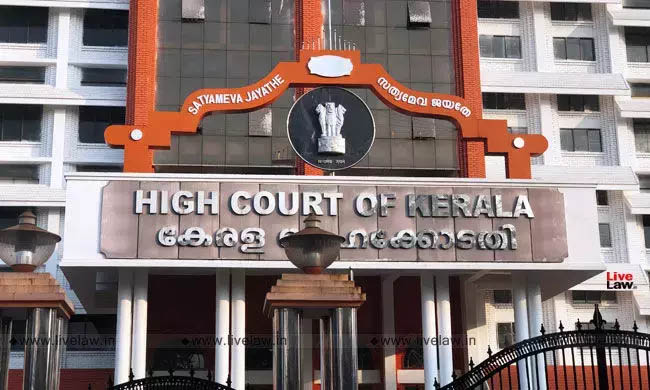
The Kerala High Court recently observed that a man lifting his dhoti, exposing his private parts to a minor and asking the boy to measure his penis would prima facie amount to sexual assault under Section 11 of the Prevention of Sexual Offences (POCSO) and Section 509 of the Indian Penal Code (IPC) also apply, which refers to outraging the modesty of a woman through words, gestures or acts. The court, headed by Justice A Badharudeen, made the observation while considering the plea of the accused. The minor immediately reported the incident to her mother, but the petitioner was allegedly seen fleeing the scene. Subsequently, criminal proceedings were initiated against the petitioner. He filed a petition before the Perumbavoor special court seeking discharge in the case, but it was dismissed. This prompted him to approach the High Court to quash the special court order and stay all proceedings against him. The High Court said: “Lifting his dhoti to show his private part and then asking the victim to measure his penis, these are the allegations. Prima facie, this would directly attract Section 11(1) of the POCSO Act as well as Section 509 of the IPC. However, the court also emphasised that both the POCSO and IPC provisions require the element of intent – sexual intent in the former and intent to outrage modesty in the latter. Thus, the court clarified that its observations are prima facie, and establishing or not establishing the offence is a matter of trial. The court also highlighted that under Section 30 of the POCSO Act, courts must presume a guilty state of mind unless the accused proves its absence beyond reasonable doubt. “Therefore, the court will presume the state of mind of the accused to be guilty and it is up to the accused to prove that he had no such state of mind in relation to the offence alleged in the indictment,” the court explained. In conclusion, the HC said: “The question whether the accused had the requisite sexual intent is a question of evidence and is available only during the trial.” The court dismissed the plea and upheld the special court’s decision to reject the petitioner’s release.





